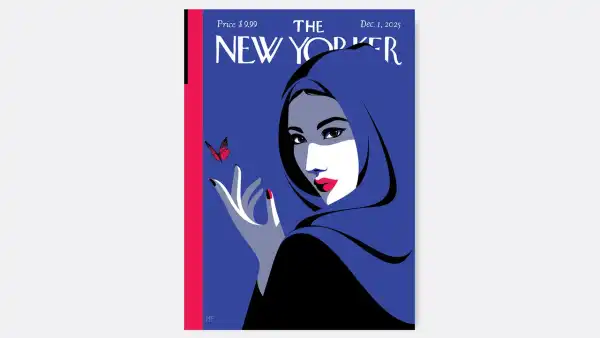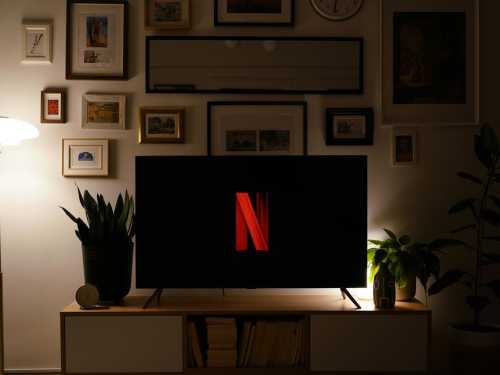The valorization of librarians as public servants makes even less sense than that of schoolteachers.

Credit: image via Shutterstock
Despite earning my living as a writer, reading and reviewing an ungovernable number of new books each year, and being by all appearances a bookish fellow, I have no great fondness for libraries.
To be sure, I had little firsthand experience with truly great libraries as a child. The library at the private grade school I attended early in my academic career was almost comically miniscule. In my memory, it was a single, classroom-sized room whose shelves were not even close to full. The main reason I spent any time there was because the Journalism Club met there. When I wanted to read a book, which was often, I went to the late B. Dalton.
My experiences with public libraries were no more salutary.
Far from being the very marrow of our civilization’s wisdom and learning, public libraries always struck me as bleak, depressing places. In my experience, poorly lit stacks and the smell of must do not necessarily promote the dissemination of knowledge. I could not have articulated it this way at the time, but most librarians I encountered suggested the sort of glum government workers one might encounter at the Bureau of Motor Vehicles, and the patrons, while generally unremarkable, always seemed to include one legitimately crazy man—conspicuously crazy. At one of the public libraries of my youth, I recall repeatedly encountering a middle-aged fellow who read aloud in a chair in a corner, a display that surely annoyed everyone but about which nothing was done. That libraries are now the sites of so-called Drag Queen Story Hours is not a surprise development.
Plus, if one loves books—really, truly loves books—can’t one concede that books pressed into service at libraries are treated rather shabbily? Yes, careless library members must take a lion’s share of the blame for the rough treatment given to the books they check out, but the libraries themselves encourage this sort of treatment by defacing tomes with due-dates stamped on inside slips and call-number labels affixed to the spines. What sort of message does it send to readers when books come sheathed in plastic covers?
Perhaps my indifference to libraries is hereditary.
My mother remembered being sent to her school library during one lunch hour. The assignment was to read a book—presumably a short one—and come back with a verbal report, but she misunderstood the purpose of the excursion. Instead, she flipped through an issue of Better Homes and Gardens, and when later asked for her report, she told her teacher: “I read Better Homes and Gardens, and it’s about, well, better homes and gardens.”
For his part, my father was an inveterate book-buyer, but a reluctant book-checker-outer. Even if he only had a passing need for a business book—say, to read a single chapter or look up a single reference—he would nonetheless buy and keep the book. Operating on the principle that one can never foresee when a book purchased in haste might again be useful, he encouraged me to do the same. Acquiring books was in my DNA, but being lent books struck me as a needless bureaucratic obstacle.
Besides, if one loves a book, doesn’t one want to reread it without asking permission or waiting for someone else to finish it? I can’t imagine not owning my own copies of Walker Percy’s The Moviegoer, Graham Greene’s The End of the Affair, Evan S. Connell’s Mrs. Bridge and Mr. Bridge, Flannery O’Connor’s Wise Blood—each purchasable for the cost of, what, a pizza? Today, with second-hand books so widely available on Amazon, they are more affordable than ever. As we all know, when one goes to a concert or a stage show, the experience is not reproducible. Literature distinguishes itself from the “lively arts” for being something that does not disappear—that is, unless you voluntarily disappear it inside a library return bin.
Subscribe Today Get daily emails in your inbox Email Address:
These days, librarians, as much as libraries themselves, seem to be the subject of an awful lot of cringe-inducing valorization. We are told to hug a librarian or thank a librarian, and I gather that National Librarian Day and National School Librarian Day are real things. If the goofy Minnesota Governor (and proud former schoolteacher) Tim Walz becomes the vice president, I tremble at the thought of these becoming federal holidays.
To work in a library is a perfectly fine way to earn a paycheck, but is it anything more than that? After all, librarians preside over a whole range of books—good books, useful books, lousy books, downright evil books. This makes the job essentially as neutral as a video rental store clerk under whose supervision are row upon row of great movies, horrible movies, and boring movies. At most, the librarian, like the video clerk, is just a conduit to various good and bad media, not a saint.
Which leads me to my final reflection on this matter: Despite my lack of enthusiasm for libraries, I was a regular customer at video rental stores in the mid-1990s. Why? I think the reason was their utility in an age before DVD or streaming. If I wanted to see, say, Ingmar Bergman’s Fanny and Alexander, Woody Allen’s Love and Death, or Federico Fellini’s 8 ½, I had to rent them—which I did. But as soon as I could find copies to buy, you can bet your bottom dollar I did.
Sourse: theamericanconservative.com






